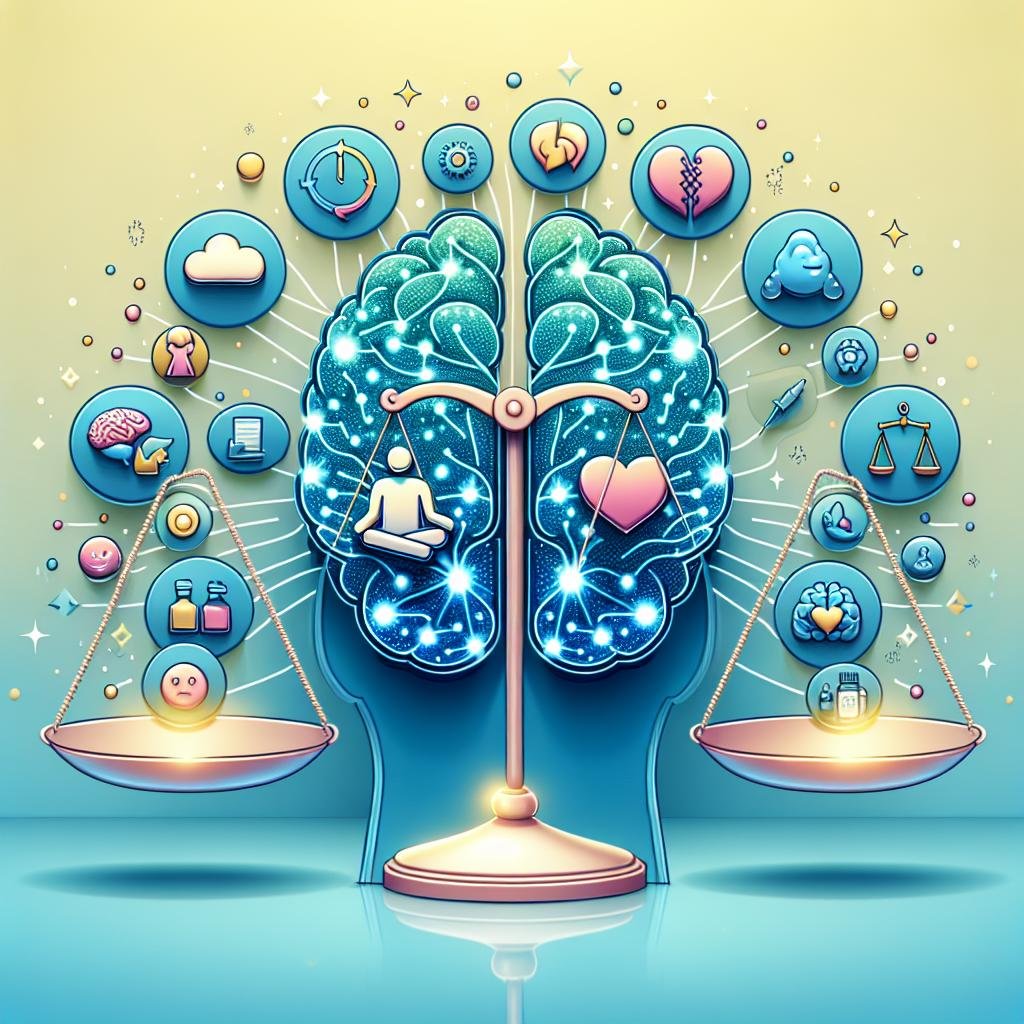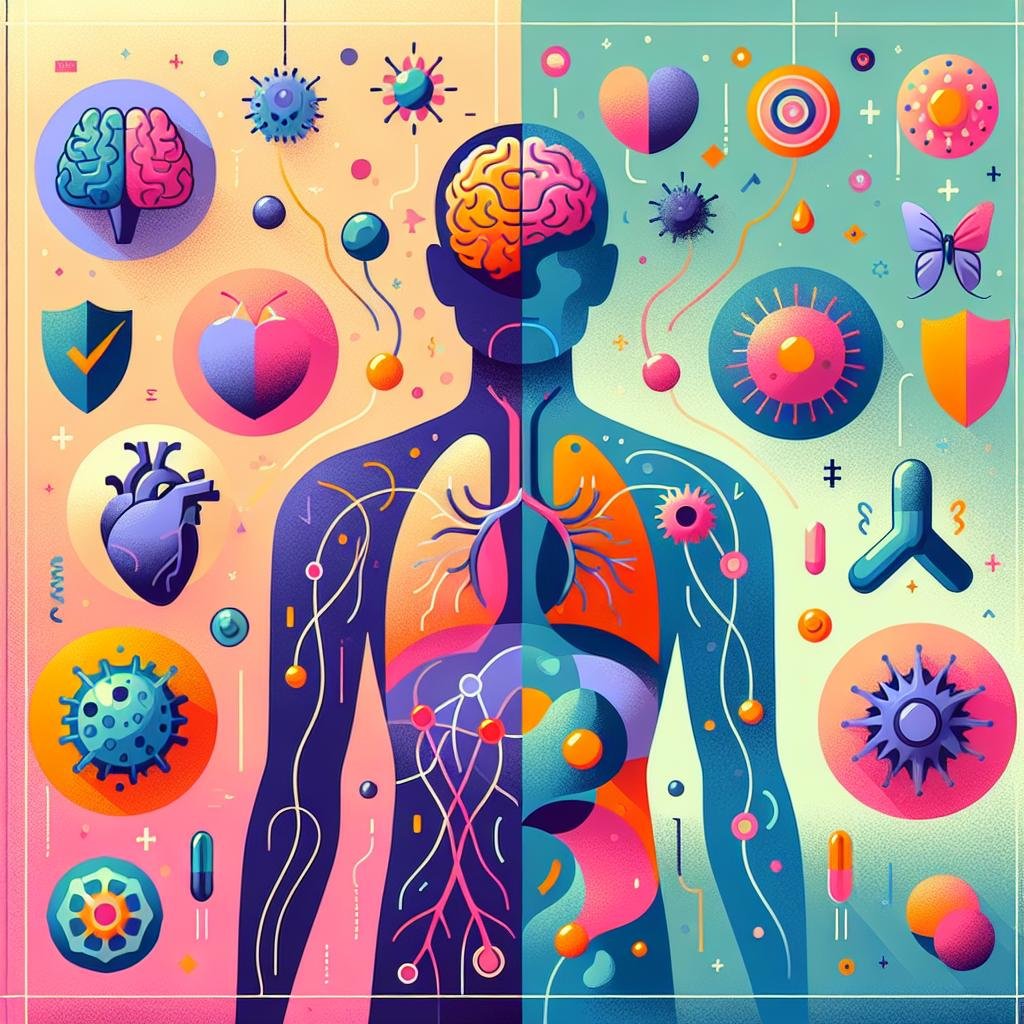The Role of Medications in Dysautonomia Management
Introduction Dysautonomia is a complex condition that affects the autonomic nervous system, which controls many of our body’s automatic functions like heart rate, blood pressure, and digestion. People with dysautonomia often face challenges in their daily lives due to the wide range of symptoms they experience. These symptoms can include dizziness, fainting, rapid heartbeat, and […]
The Role of Medications in Dysautonomia Management Read More »









